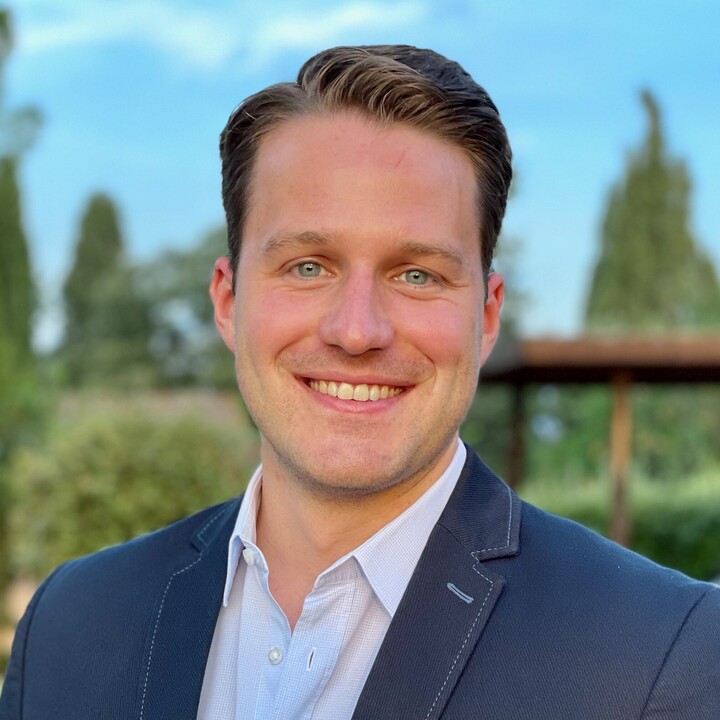Capturing the Economic Dynamics of Competing Power Generation Sources

Gunther Glenk
University of Mannheim
March 7, 2022 – 05:00 – 06:15 PM (CET)
Live virtual event: please register for this talk via Zoom
Speaker Bio
Gunther Glenk is an Assistant Professor for Accounting at the University of Mannheim. His research examines questions around corporate decarbonization, such as how companies (i) calculate their carbon footprint, (ii) set appropriate targets for emission reductions, and (iii) achieve such targets in a cost-efficient manner. Recent work has focused on the competitiveness of clean energy technologies, such as energy storage, zero-emission mobility services, and hydrogen production from intermittent renewable energy sources. His work has been published in leading academic journals in the field of Sustainability Management and has won multiple awards. He obtained a BSc, MSc, and Doctorate in Management and Technology from the Technical University of Munich.
Seminar Abstract
Competing power generation sources have experienced considerable shifts in both their revenue potential and their costs in recent years. Here we introduce the concept of Levelized Profit Margins (LPM) to capture the changing unit economics of both intermittent and dispatchable generation technologies. We apply this framework in the context of the California and Texas wholesale power markets. Our LPM estimates indicate that solar photovoltaic and wind power have both substantially improved their competitive position during the years 2012–2019, primarily due to falling life-cycle costs of production. In California, these gains far outweigh an emerging „cannibalization“ effect that results from substantial additions of solar power having made energy less valuable in the middle of the day. We also find the competitiveness of natural gas power plants to have either improved or held steady. For these plants, declining capacity utilization rates have effectively been counterbalanced by a „dispatchability price premium“ that reflects the growing market share of intermittent renewables.
Read the paper here.
Admission information
The seminar is open to the public. To receive invitations for upcoming seminar talks, please sign up for the mailing list via this form.